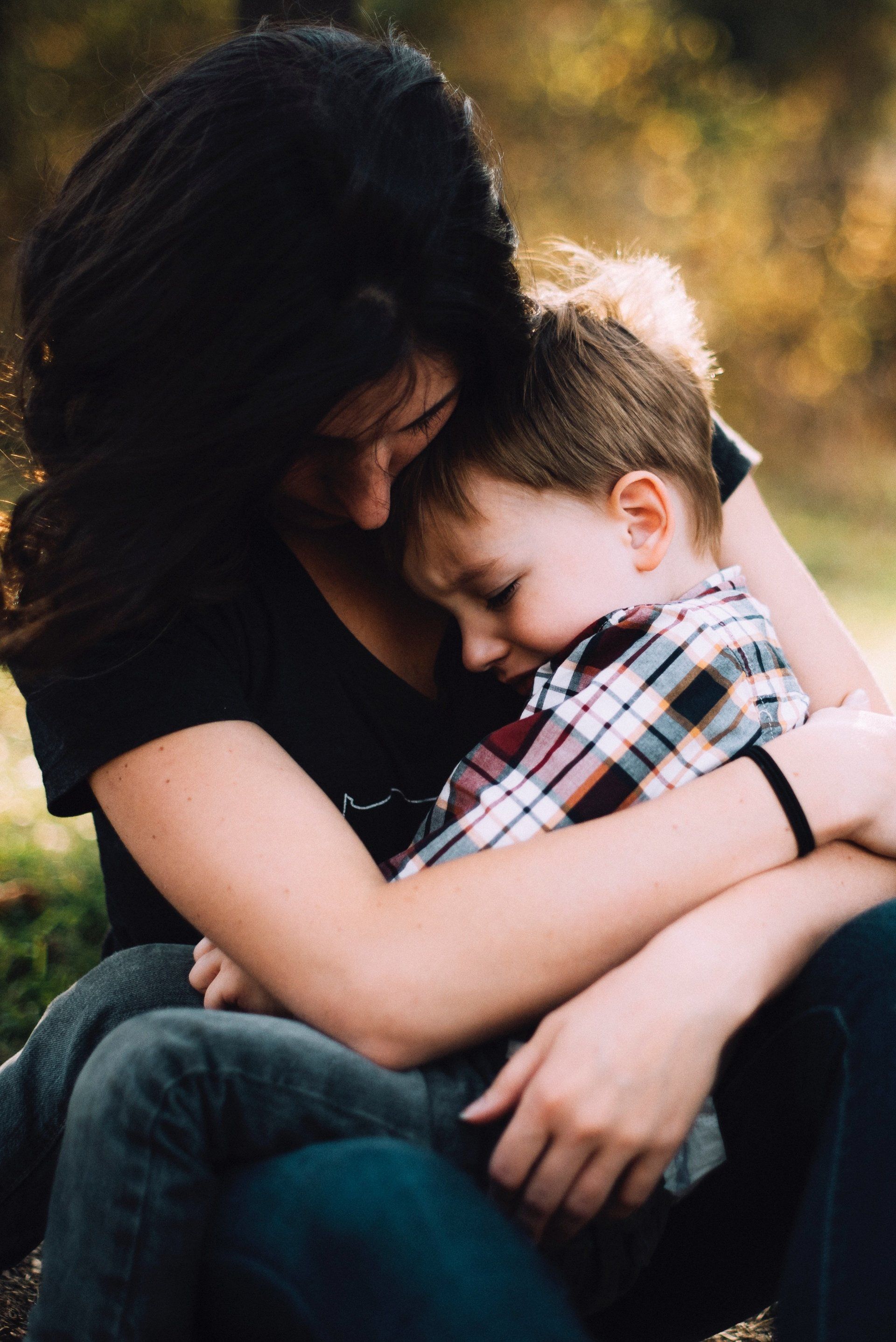Parenting styles have a profound influence on children.
Franco Greco • January 19, 2020
Parental love impacts your flourishing later in life

Over the past several years, the Human Flourishing Program at Harvard University, led by has pursued research on parenting practices and how these practices affect the flourishing of children as they grow and develop into adulthood.
Types Parenting Styles
Professor Tyler J. VanderWeele - Director of the Human Flourishing Program at Harvard University - outlines that a common division of parental styles classifies them along two axes: parental warmth, on the one hand, and parental discipline, on the other.
Based on whether the parenting approach is high or low on each of these two dimensions, parenting styles are then divided into four types.
The parenting approach with high warmth and high discipline is sometimes called the authoritative style.
In contrast, the approach with low warmth and high discipline is referred to as the authoritarian style.
The approach with high warmth but low discipline is referred to as the permissive style.
And, finally, the approach with low warmth and low discipline is referred to as the neglectful style.
Impact of Parenting Styles
Research has fairly consistently shown that the approach of high warmth
and high discipline
(the authoritative style) tends to be associated with the best childhood outcomes.
VanderWeele and his team published two empirical studies that looked at the effects of different parenting styles on numerous health and well-being outcomes, and the results, using more rigorous methodology, were largely consistent with previous findings.
"Children who had parents with the authoritative approach to parenting (high warmth, high discipline) fared best later in life."
"One of the interesting results of our two studies was that parental warmth, or love, seemed to be the dominant factor."
While those who had high warmth and high discipline (authoritative style) did the best.
The next best category was high warmth, low discipline (the permissive style) and they did considerably better than the group that, in contrast, had low warmth and high discipline (authoritarian style). Not surprisingly, the group that had low warmth, low discipline (neglectful style) fared poorest.
Parental Warmth is Most Important
However, overall, parental warmth or love seemed the most important. When parental warmth was considered on its own, it was the most important aspect of parenting we were able to identify.
Parental warmth in childhood (measured by satisfaction with the parent-child relationship, generally concerning love and attachment) was associated, several years later with a:
- 46 percent reduction in depression
- 39 percent reduction in anxiety
- 68 percent reduction in eating disorders, as well as higher levels of emotional processing and expression, and lower levels of cigarette and marijuana smoking
In Summary
Parental warmth was associated with a wide range of positive flourishing outcomes later in life. The links to some of these (such as happiness or emotional well-being, positive relations later in life, and self-acceptance) were larger than the associations with others (such as social coherence), but they were positive for almost all outcomes.
References
This article draws from the Psychology Today article by How Parental Love Impacts Flourishing Later in Life by Professor Tyler J. VanderWeele. The link to the article is below:
https://www.psychologytoday.com/au/blog/human-flourishing/201906/how-parental-love-impacts-flourishing-later-in-life
The studies referenced in the article are listed below:
Chen, Y. Kubzansky, L., and VanderWeele, T.J. (2019). Parental warmth and flourishing in mid-life. Social Science and Medicine, 220:65-72.
Chen, Y., Haines, J. Charlton, B., and VanderWeele, T.J. (2019). Positive parenting improves multiple aspects of health and well-being in young adulthood. Nature Human Behavior, in press: https://doi.org/10.1038/s41562-019-0602-x.
Office Hours
Wednesday: 9am - 6pm
CONTACT ME TODAY
Thursday: 9am - 6pm
Friday: 9am - 6pm
or
SCHEDULE AN APPOINTMENT
